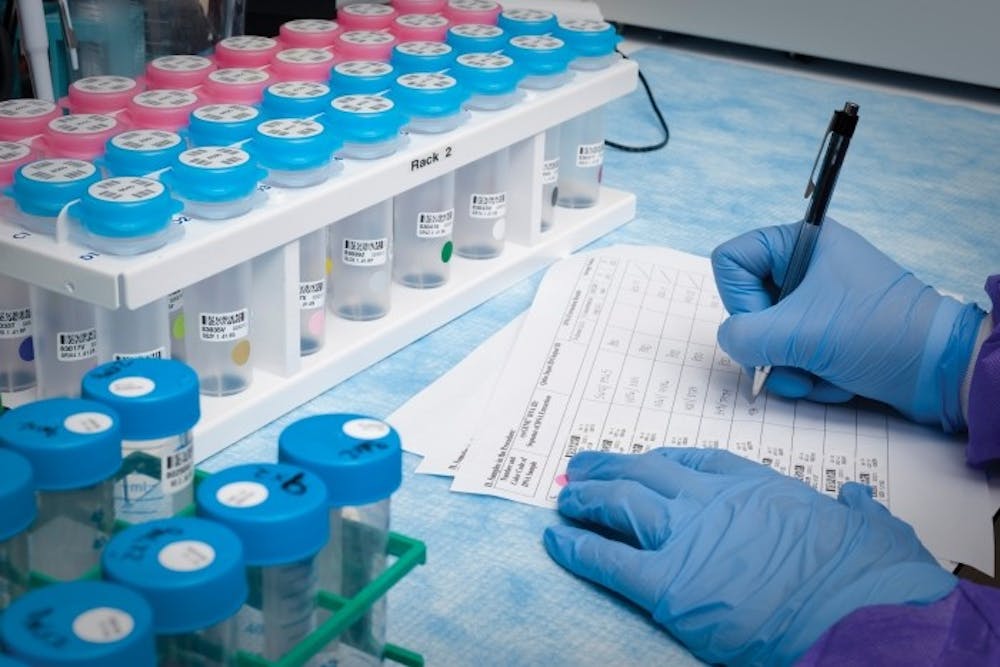Penn Medicine researchers made huge strides in the medical world Wednesday when the Food and Drug Administration approved a gene-altering cancer treatment that they designed. It's the first of its kind to be approved.
The therapy is marketed as Kymriah and made by Novartis, but was originally developed at Penn by Carl June, a Perelman School of Medicine professor in immunotherapy, and his team, The New York Times reported. The treatment, which is the first of its kind in the United States, uses the patient's genetically altered immune cells to fight the disease.
The FDA called the gene therapy a "historic" act.
Timothy Cripe, an oncologist with Nationwide Children's Hospital in Columbus, Ohio, referred to the research as the "most exciting thing I've seen in my lifetime," The Washington Post reported.
The treatment is meant for children and young adults with B-cell acute lymphoblastic leukemia, especially those who don't respond well to traditional treatment methods.
According to The New York Times, the first child to receive the therapy was Emily Whitehead in 2012. Whitehead was severely ill from leukemia in 2012, but after treatment, has been free from cancer for more than five years.
Penn researchers have been working on approving this treatment method for years. In 2011, the results of the CAR-T cell therapy, as the treatment was initially called, were published in the New England Journal of Medicine and Science Translational Medicine by June and his team. It was the first demonstration of the use of gene transfer therapy to create “serial killer” T cells targeting cancerous tumors, according to a press release by the Medical School.
A year later, the University partnered with Swiss pharmaceutical company Novartis to continue research on immunotherapy research. At the time, the collaboration was the largest academic-industry agreement in Penn’s history.
In 2016, Penn Medicine, along with five other peer institutions, partnered with The Parker Institute for Cancer Immunotherapy after receiving a $250 million grant to develop new techniques for cancer treatment.
Novartis said the gene therapy would cost $475,000 and would be available at an initial network of 20 approved medical centers, as the treatment is hard to administer.
“I have to keep pinching myself to see that this happened,” June said to The New York Times. “It was so improbable that this would ever be a commercially approved therapy, and now it’s the first gene therapy approved in the United States. It’s so different from all the pharmaceutical models. I think the cancer world is forever changed.”



